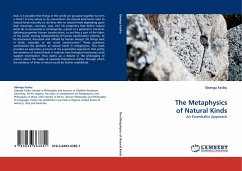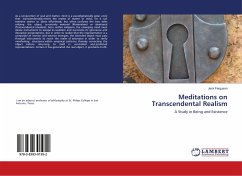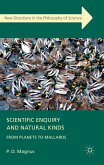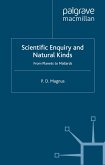How is it possible that things in the world are grouped together to form a 'kind'? Is it by nature or by convention? Do natural kind terms refer to natural kinds naturally or, do they refer to natural kinds depending upon their meanings, concepts, uses, etc? Do properties that define natural kinds do so necessarily or contingently, a priori or a posteriori? Are kind-defining properties human constructions, or are they a part of the fabric of the world, existing independently of human classificatory schemes, to be discovered, discussed and utilized by human beings? Do things exist in kinds, naturally, or are social constructions? These questions summarized the problem of natural kinds in metaphysics. This book provides an expository account of the essentialist arguments that justify the existence of natural kinds. It explores how biological taxonomy could support essentialism, thus opens up a debate in the philosophy of science about the reality of essential theoretical entities through which the existence of kinds in nature could be further established.
Bitte wählen Sie Ihr Anliegen aus.
Rechnungen
Retourenschein anfordern
Bestellstatus
Storno








